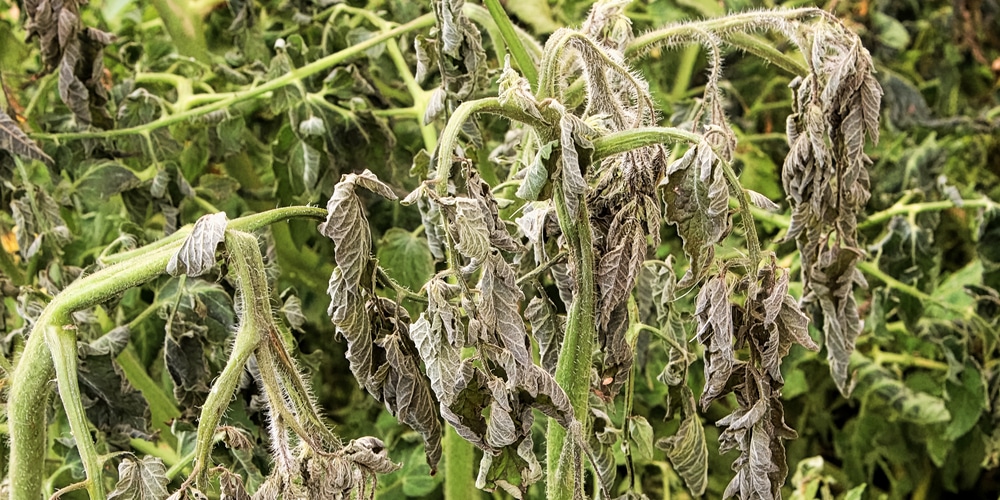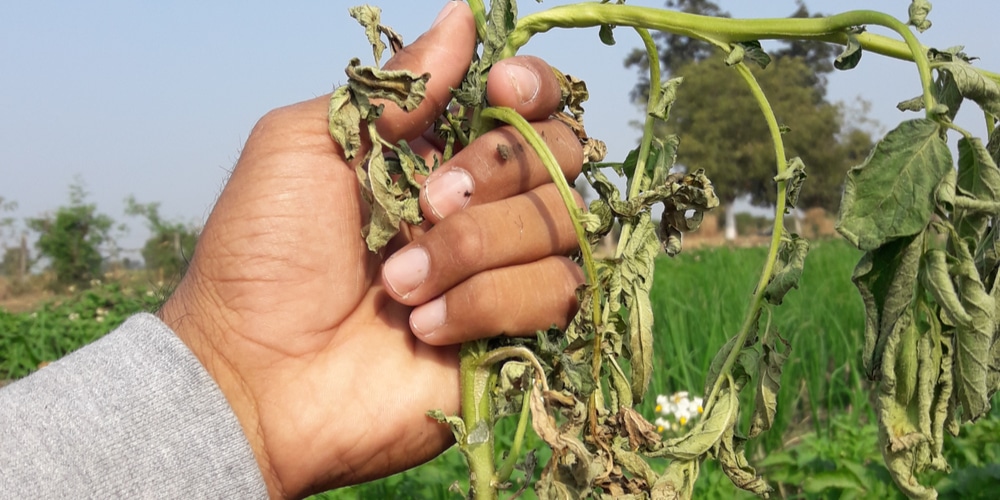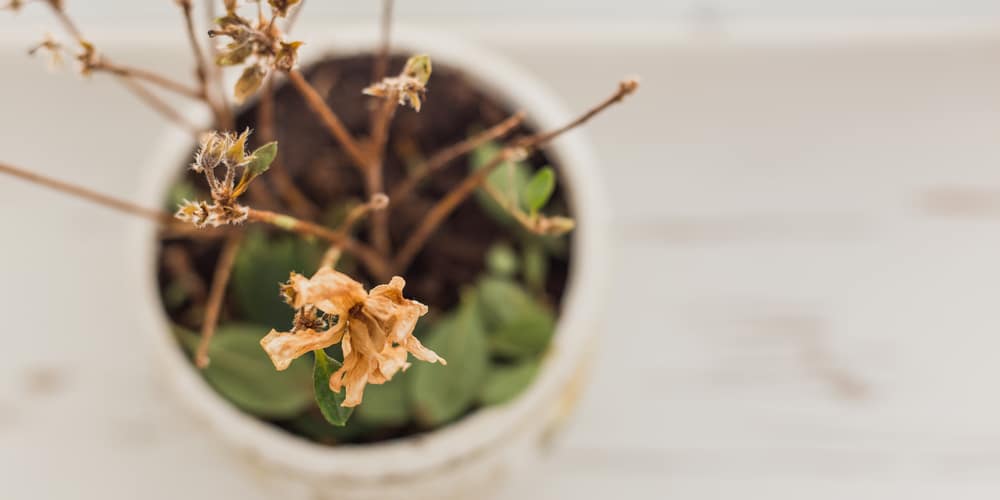It’s the end of summer, and many gardeners are faced with the daunting task of what to do with all of their dead plants. Proper plant waste management is essential for keeping our environment healthy and free from harmful toxins. This blog post will discuss the how to dispose of dead plants so that they don’t end up in our landfills or waterways. Let’s get started!
What Is Plant Waste And Why Should It Be Managed Properly
Plant waste is any material that is derived from plant matter. This can include leaves, branches, fruit and vegetable scraps, flower petals, and more. While some plant waste can be composted or used as mulch, much of it is in landfills.
However, there are several reasons why plant waste should be managed appropriately. For one thing, decomposing plant matter produces methane, a greenhouse gas that contributes to climate change.
In addition, when plant waste decomposes in a landfill, it takes up valuable space that could be used for other purposes.
Finally, plant waste that is not managed correctly can result in litter and pollution. By taking steps to dispose of or recycle plant waste properly, we can help to protect the environment.
How To Identify Plant Waste
While gardeners take great care in selecting the plants for their gardens, sometimes things don’t go as planned. Plants may be damaged by insects, diseases, or extreme weather conditions.
When this happens, it’s essential to remove the affected plant parts from the garden to prevent the spread of the problem. But how can you tell which plant parts are diseased or infested and which can be safely composted? Here are some guidelines to help you identify plant waste:
- If a plant part is obviously dead, it can be composted. This includes leaves that have turned brown or black, dry and brittle stems and flowers that have withered away.
- If a plant part is diseased or infested with pests, it should be disposed of in the trash. This includes leaves with yellow or brown spots, stems with mold or mildew, and flowers with blackened petals.
- If a plant part is damaged but still alive, you can try to salvage it by trimming away the damaged portion. This includes leaves with torn edges, stems with broken branches, and flowers with wilted petals. With proper care, these plants may still be able to recover and bloom again.
Now that you know how to identify plant waste let’s look at the best ways to dispose of it.
The Best Ways To Dispose Of Plant Waste
There are several different options for disposing of plant waste. The best choice for you will depend on the type and amount of plant waste you have and your location. Here are some of the most common methods for disposing of plant waste:
Recycling: Many municipalities offer recycling programs for yard waste, including leaves, branches, and other organic matter. Check with your local government to see if this service is available.
Composting is a great way to recycle plant waste and turn it into something useful. You can compost leaves, branches, and other organic matter to create nutrient-rich soil for your garden.
Mulching: Mulching is another way to recycle plant waste. You can use leaves, branches, and other organic matter as mulch in your garden. Mulch helps protect plants from extreme weather conditions and keeps the soil moist.
Landfill: If you can’t compost or recycle your plant waste, the next best option is to dispose of it in the landfill. Check with your local dump to see what types of plant waste they accept.
Yard Waste Removal Services: Some companies will remove yard waste from your property. This is a good option if you have a large amount of plant waste or don’t have the means to dispose of it yourself.
You can ensure that your plant waste is appropriately managed and disposed of by following these guidelines. This will help protect the environment and keep your garden looking its best.
The Benefits Of Proper Plant Waste Management
Plant waste management is handling and disposing of plant material safely and efficiently. Proper plant waste management is essential for protecting the environment and human health.
One of the main benefits of proper plant waste management is that it can help to prevent pollution. When plant material is not disposed of properly, it can end up in landfills or in bodies of water, where it can release harmful chemicals into the environment. In addition, plant material that is not managed correctly can also attract pests, spreading disease.
Another benefit of proper plant waste management is that it can help to conserve resources. For example, recycling tree trimmings and other plant waste can provide mulch for gardens and landscaping projects. In addition, using recycled plant matter as compost can help to improve soil quality and reduce the need for chemical fertilizers.
How to dispose of dead plants: Conclusion
Proper plant waste management is essential for protecting the environment and human health. By taking steps to manage plant waste properly, we can help to preserve our natural resources and create a safer world for all.
Related Article: Best Way to Pick Up Acorns From Your Yard


